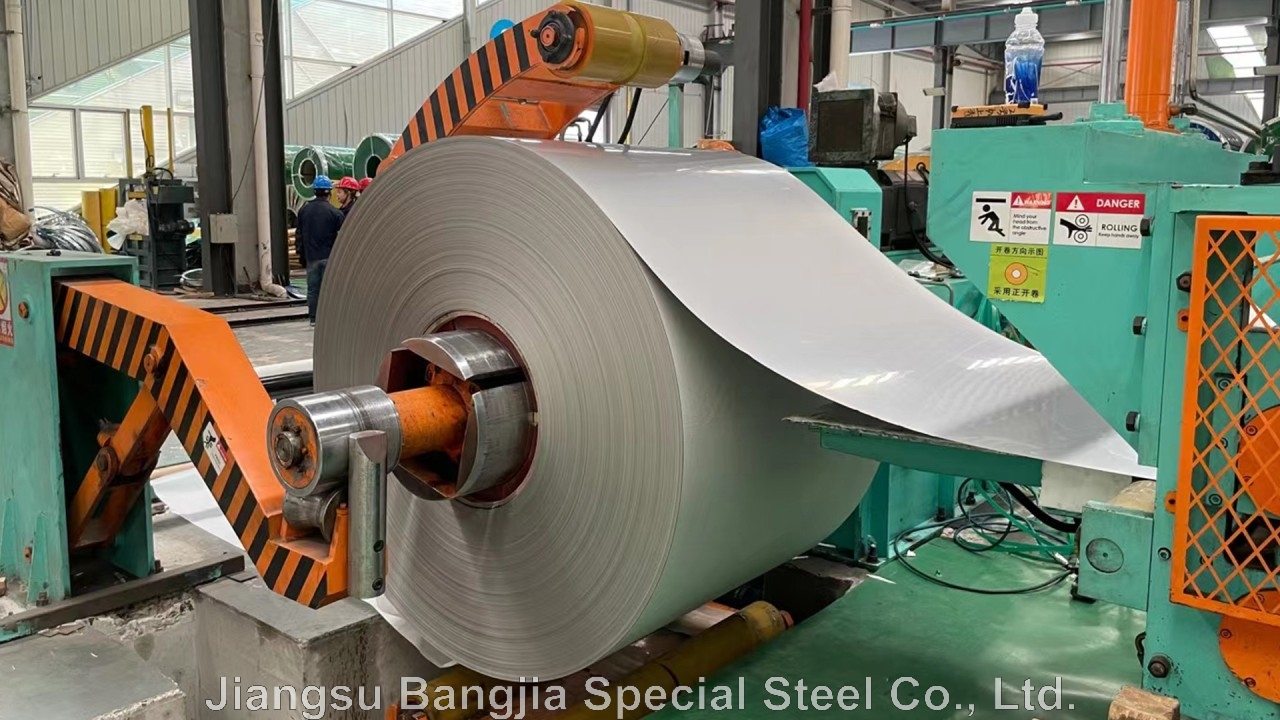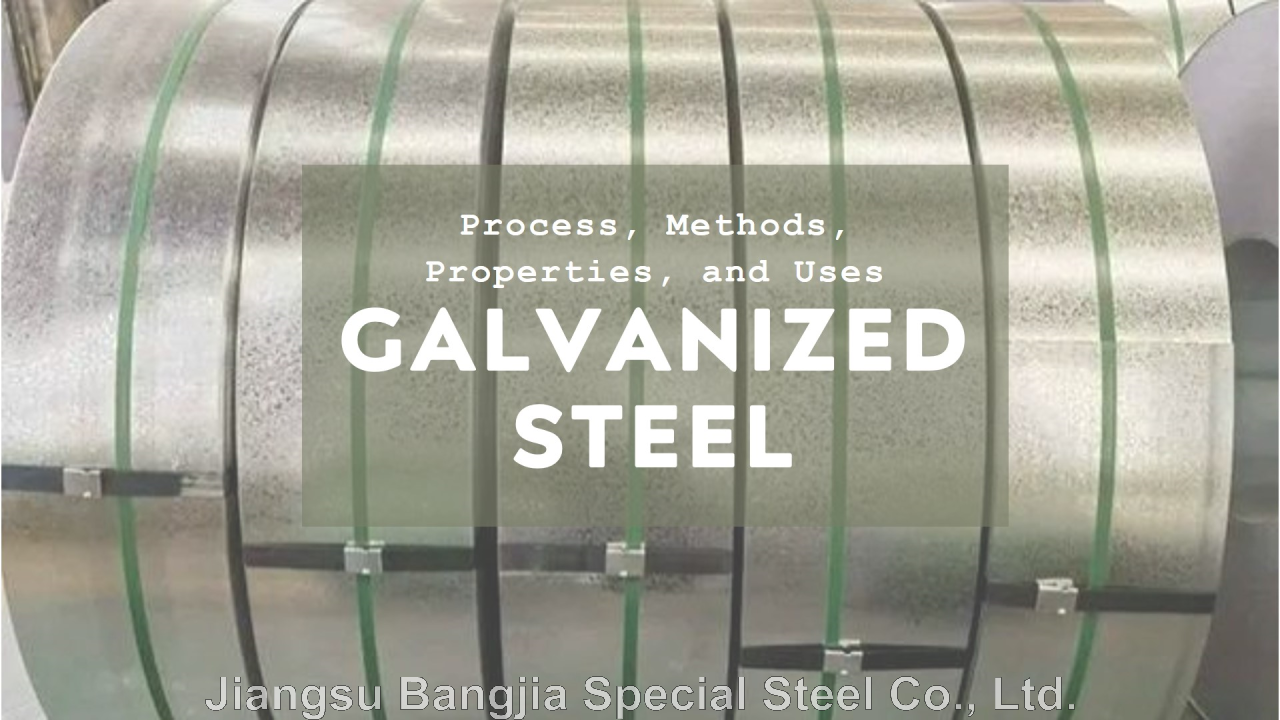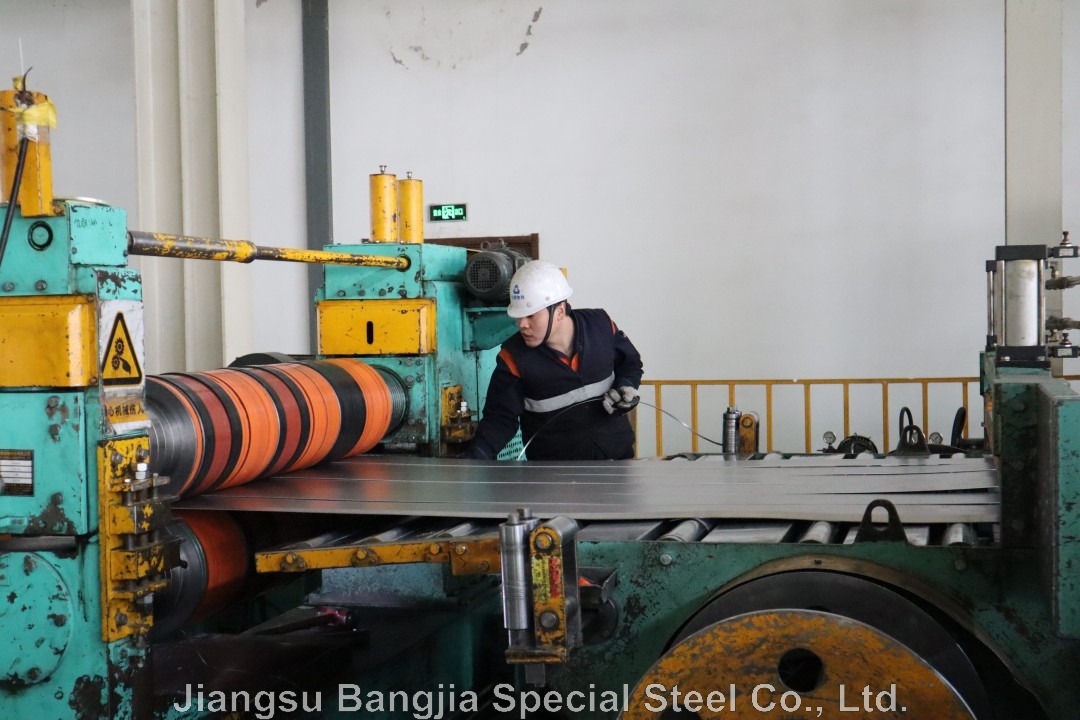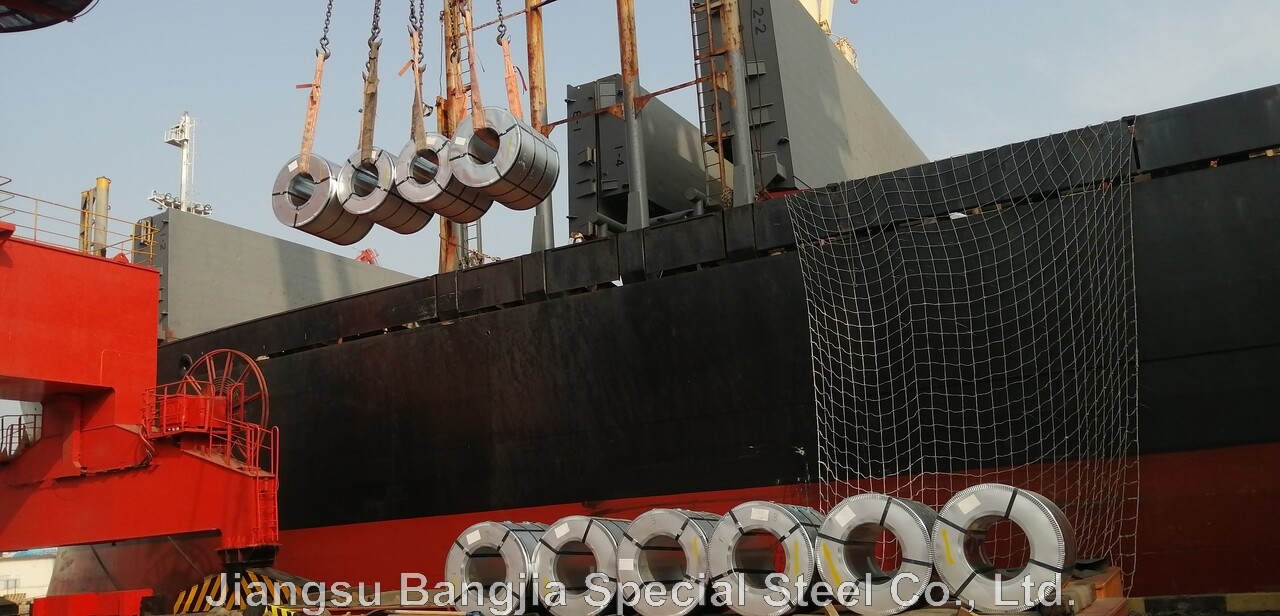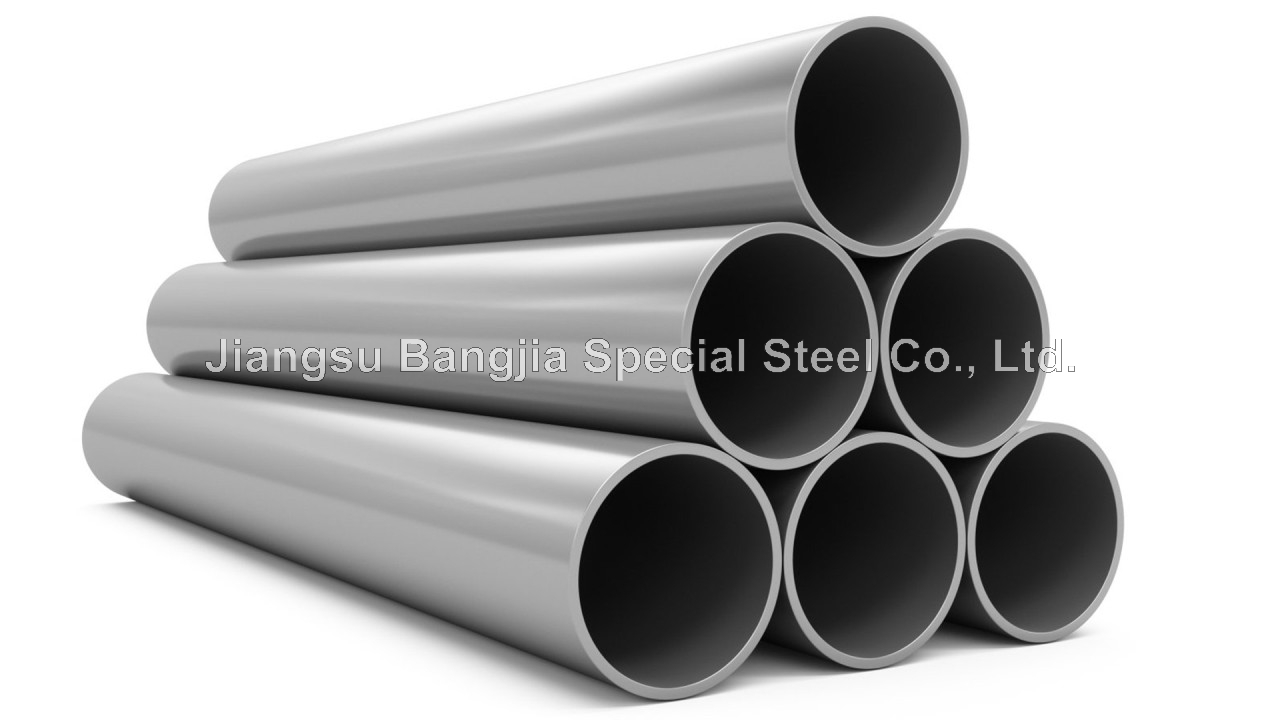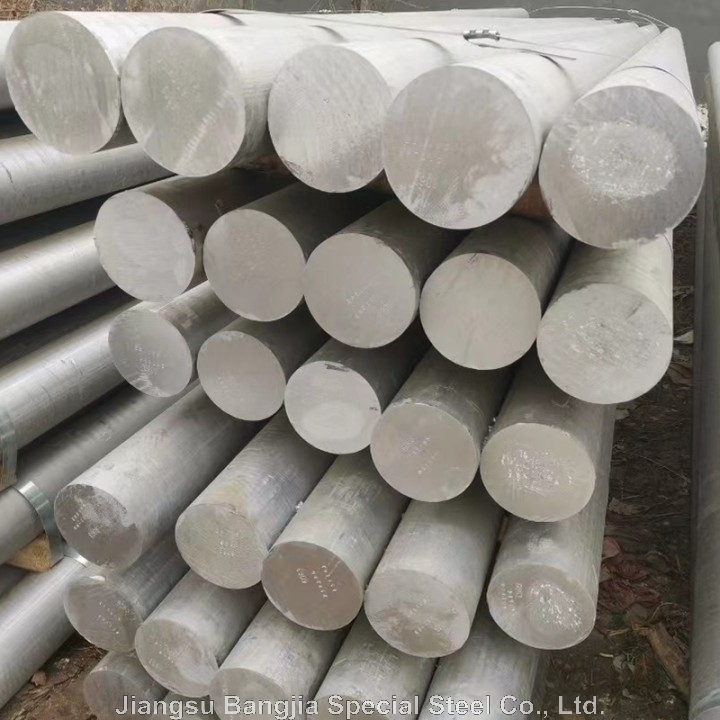NEWS

In the realm of industrial materials, stainless steel pipes stand out as versatile components serving a myriad of applications. With their corrosion resistance, durability, and aesthetic appeal, stainless steel pipes have become indispensable in various industries worldwide. This article aims to delve into the characteristics, applications, and advantages of stainless steel pipes.
1. Characteristics of Stainless Steel Pipes
Stainless steel pipes are renowned for their exceptional properties:
Corrosion Resistance: One of the most significant advantages of stainless steel pipes is their resistance to corrosion. This resistance stems from the presence of chromium in the alloy, which forms a passive oxide layer on the surface, preventing further corrosion.
Strength and Durability: Stainless steel pipes exhibit high strength and durability, making them suitable for applications requiring structural integrity and longevity. They withstand extreme temperatures and pressures, ensuring reliable performance in challenging environments.
Aesthetic Appeal: Beyond their functional attributes, stainless steel pipes offer aesthetic appeal. The smooth, lustrous surface finish enhances the visual appeal, making them ideal for architectural and decorative purposes.
Hygienic Properties: Stainless steel pipes are non-porous and easy to clean, making them suitable for industries with stringent hygiene requirements, such as food processing, pharmaceuticals, and healthcare.
2. Applications of Stainless Steel Pipes
The versatility of stainless steel pipes is reflected in their diverse applications across various industries:
Construction and Architecture: Stainless steel pipes find extensive use in construction and architecture for structural frameworks, handrails, facades, and decorative elements. Their durability, corrosion resistance, and aesthetic appeal make them a preferred choice for modern architectural designs.
Oil and Gas Industry: In the oil and gas industry, stainless steel pipes are utilized for transporting corrosive fluids, such as oil, gas, and chemical solutions. Their resistance to corrosion and high-pressure capabilities ensure reliable performance in harsh operating conditions.
Chemical Processing: Stainless steel pipes play a crucial role in chemical processing plants where resistance to corrosion and chemical attack is paramount. They are employed for conveying corrosive chemicals, acids, and caustic solutions safely and efficiently.
Water Treatment: Stainless steel pipes are widely used in water treatment facilities for transporting potable water, wastewater, and chemicals. Their corrosion resistance and hygienic properties make them ideal for ensuring the integrity and safety of water supply systems.
Food and Beverage Industry: Stainless steel pipes are indispensable in the food and beverage industry, where hygiene is of utmost importance. They are employed for conveying food products, beverages, and processing fluids, ensuring compliance with food safety standards.
3. Advantages of Stainless Steel Pipes
Stainless steel pipes offer numerous advantages over other materials:
Longevity: Stainless steel pipes have a longer lifespan compared to traditional materials like carbon steel or plastic. Their resistance to corrosion and deterioration ensures minimal maintenance and replacement, resulting in cost savings over time.
Versatility: Stainless steel pipes are available in various sizes, grades, and configurations, catering to diverse application requirements. Whether for high-pressure pipelines or decorative installations, stainless steel offers versatility in design and functionality.
Environmental Sustainability: Stainless steel is a recyclable material, contributing to environmental sustainability. The recyclability of stainless steel pipes reduces the demand for new raw materials and minimizes waste, making them an eco-friendly choice.
Cost-effectiveness: Despite the initial higher cost, stainless steel pipes offer long-term cost savings due to their durability and low maintenance requirements. The reduced need for repairs, replacements, and downtime translates to overall cost-effectiveness throughout the lifecycle of the infrastructure.
Conclusion
Stainless steel pipes embody a perfect blend of functionality, durability, and aesthetic appeal, making them indispensable in various industries. Their corrosion resistance, strength, and versatility make them the preferred choice for critical applications ranging from construction to chemical processing. As technology advances and industries evolve, stainless steel pipes continue to play a pivotal role in shaping modern infrastructure and engineering solutions.
Chat Online
By clicking 'Allow All', you agree to the storage of cookies on your device to enhance site navigation, analyze site usage and assist with our marketing efforts. Coo Cookie Notice

